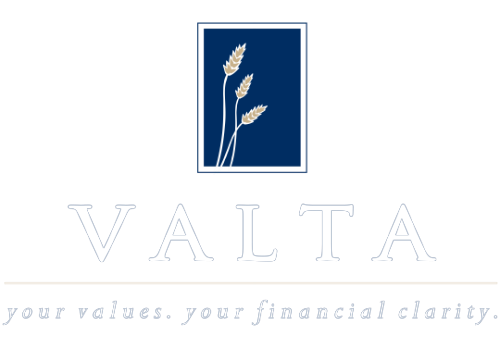The Complete Financial Management Workshop ®
Overview
During times of economic uncertainty, people recognize the need to make sound financial decisions to improve their fiscal well-being and prepare for the future. To meet this need, broad financial education has become a desirable benefit that employers can provide for their workforce.
Seventy-five percent of Americans agree that they would benefit from having basic financial education and information.
Many workers are unprepared for retirement: 54% have saved less than $25,000 for retirement, and 42% have saved less than $10,000.
When choosing a financial education course, it is important to select a program that can meet the needs of a wide variety of people. Our comprehensive workshop, The Complete Financial Management Workshop ®, is particularly well suited for working individuals who need to prepare for retirement and make sound financial decisions to help protect their families and their assets.
It will provide the people in your organization with a strong foundation in the six key areas of personal finance – risk management, cash management, investment concepts, tax management, retirement planning, and estate planning – and help strengthen the financial planning efforts they already have in place.
Key Concepts Covered
Risk Management
• Safeguarding money and assets
• Protecting the family’s future
• Determining how much insurance is needed
Cash Management
• Creating better cash flow
• Understanding budgets
• Managing debt
• Building net worth
Investment Concepts
• Assessing investment risk tolerance
• Avoiding common investment mistakes
• Reviewing investment options
• Balancing volatility and stability
• Funding a college education
Tax Management
• Assessing tax liability
• Using tax-favored strategies to keep more
income rather than giving it to Uncle Sam
• Understanding the benefits of tax-deferred,
tax-exempt, and tax-reduction strategies
Retirement Planning
• Calculating the cost of retirement
• Evaluating various sources of income
• Determining when to claim Social Security
• Utilizing retirement savings programs
• Selecting appropriate investments
• Preparing for a more comfortable retirement
• Avoiding penalties on retirement plan
distributions and rollovers
Estate Conservation
• Preserving more estate wealth for heirs
• Keeping an estate out of probate
• Finding ways to help reduce estate taxes
• Benefiting from trusts and charitable
giving strategies


